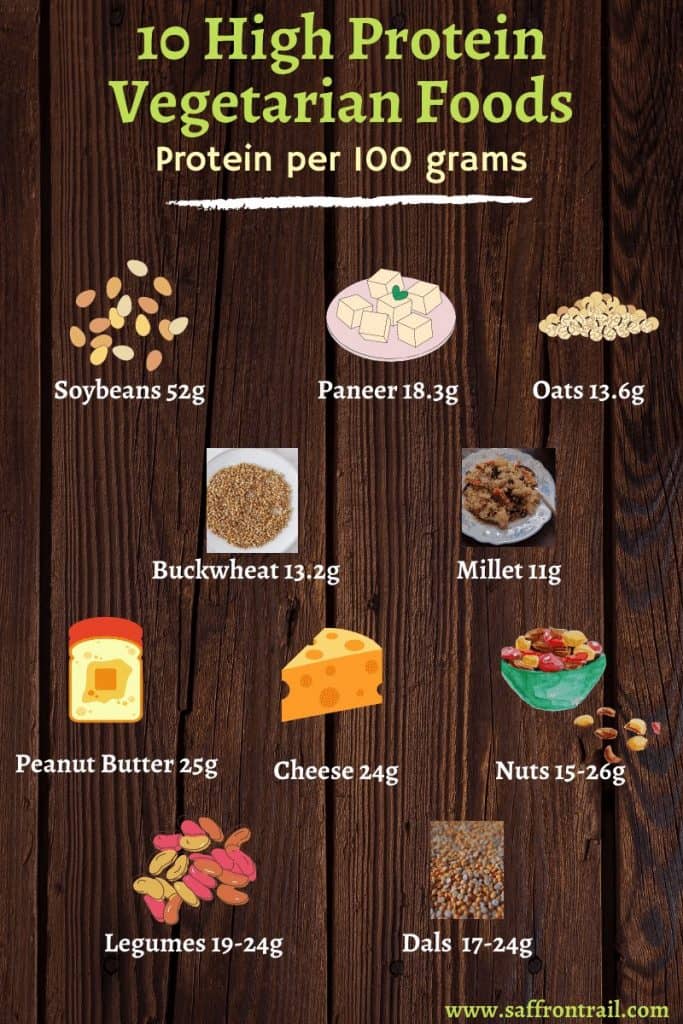Research suggests that the average adult female needs 2,000 calories each day to maintain their weight while the average adult male needs 2,500 calories each day. Humans need calories for survival because they provide our bodies with the energy needed to fuel metabolic pathways, physical movement, and critical thought. As a personal trainer and fat loss coach, Jordan Syatt is often asked what he eats when he wants to lose a few pounds. “Protein supplements can be beneficial for those who struggle to meet their protein needs through diet alone, like athletes or individuals with certain dietary restrictions,” says Pallian. Protein supplements can also be a convenient option to help ramp up your protein intake, according to Papanos. Vegans and vegetarians may also struggle to get enough protein, so they may choose to incorporate protein supplements into their routine.
Bulking is a technique used by bodybuilders to increase muscle size and strength. Bodybuilders take supplements for various reasons, including to boost overall health, immune function, and exercise performance (19, 2).
Another great tip is to use whole milk to make high-calorie drinks, weight gain smoothies, or calorie-dense shakes. For people who want to gain weight, high-calorie foods have at least 400 calories per 100 g (3.5 oz) of consumed food. Generally, high-calorie foods are low-volume foods that are dense in nutrients like proteins, carbs, and fat. For example, athletes and bodybuilders may wish to gain muscle mass. With approximately 18 grams of protein per cooked cup, lentils are an excellent source of plant-based protein. They’re also high in fiber and can be a versatile addition to soups, curries and salads, notes Pallian.
Eat More Fiber
This can include height, age, sex, health, job, physical activities, genetics, body size, body composition, and medications. Marco Walker-Ng is the founder and strength coach of Outlift, Bony to Beastly, and Bony to Bombshell.
She explains that extra protein could be stored as fat, which may lead to weight gain. Additionally, animal-source proteins that are not lean tend to be high in saturated fat, which can increase cholesterol levels, a risk factor for stroke and heart disease.
How does calorie density affect weight?
It contains no added sugar (goodbye energy slumps!),is high in protein, and gets its creamy texture from frozen bananas. Although kids adore refined sweets you find in grocery store, like Nutella and candies, they are full of sugar while lacking important nutrients and vitamins, so you should stay away from them.
Read more about Benecal here.
It might be challenging to find keto foods that are high in nutrient-dense calories because many of the available ketogenic options are extremely rich in fats and lack protein. Whenever you need some extra calories, you can rely on high-calorie oils to increase your calorie intake and meet your daily goals because they are full of fat.
“Protein is the macronutrient that takes the longest to digest, thus leaving us feeling full for a longer period of time,” says Evink. Eating more protein may also help reduce mindless snacking, decrease your overall calorie intake and preserve lean muscle mass during weight loss, notes Evink. GERD symptoms can be triggered by eating a large amount of food at a single sitting.
Eat high-calorie snacks between meals to add to the day’s total intake. Protein and carbohydrates have 4 calories per gram, while fat has 9 calories per gram. Nuts and nut butters are popular snack choices, high in protein with healthy unsaturated fat.




